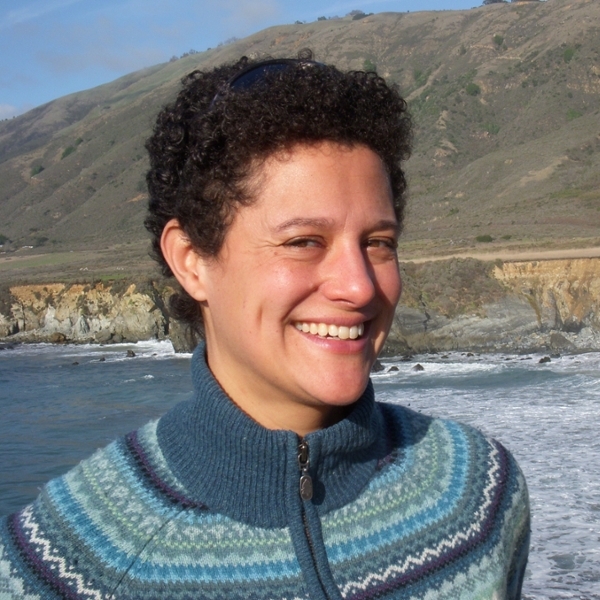 |
Dr. Melanie Moses
- Principle Investigator
- Professor, Department of Computer Science
- Professor, Biology Department
- External Faculty, Santa Fe Institute
We live in a complex world. From the spread of disease in increasingly interconnected human
populations to the impact of fossil-fueled economies on global climate, the greatest challenges in
modern science and engineering require understanding complex systems, what makes them efficient and
resilient, and why they fail. My lab studies complex biological systems including the adaptive
immune system and ant colonies. I use this understanding to design efficient, robust, adaptive and
scalable engineered systems, including autonomous robots that mimic ant behaviors to collect
resources cooperatively.
|
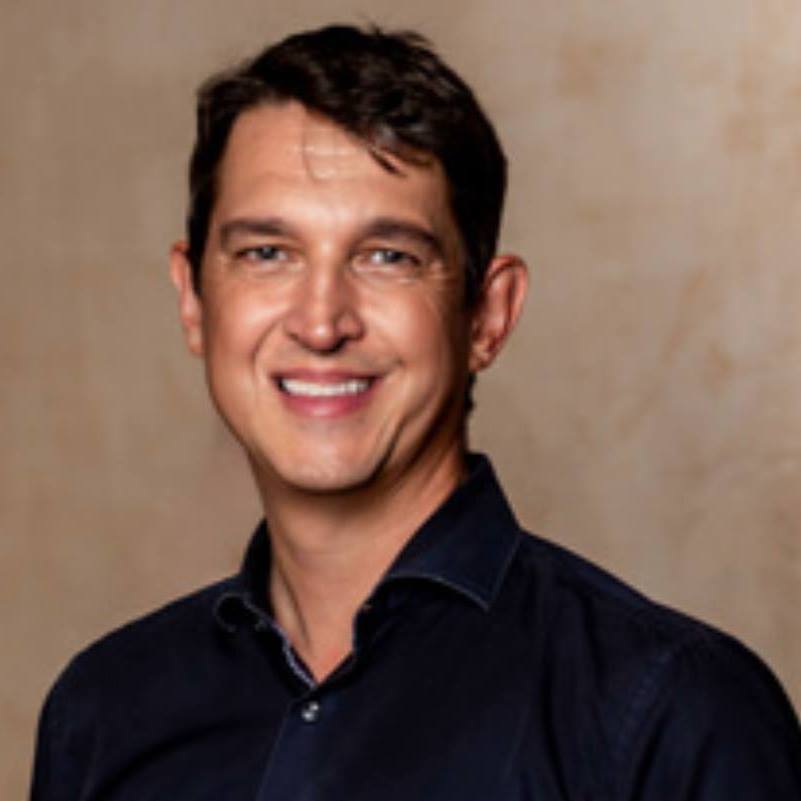 |
Dr. Matthew Fricke
- Co-Principle Investigator
- Research Assistant Professor, Department of Computer Science
- Research Assistant Professor, Center for Advanced Research Computing
VolCAN requires the coordination of distributed robot swarms to successfully search in large
hazardous regions. My work falls into three related categories: distributed biological processes
(e.g. chemical reaction networks, immunological and social-insect search processes, and neural
networks), parallel supercomputing, and algorithms for robot swarms. Robots can explore areas too
dangerous for humans and therefore help to answer basic scientific questions. In the VolCAN project,
we designed and built aerial robots and algorithms to sample gasses from volcanos. This data
contributes to our understanding of climate change, the prediction of eruptions, and how best to
coordinate teams of robot scientists in general.
|
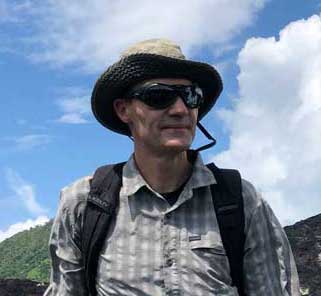 |
Dr.
Tobias Fischer
- Co-Principal Investigator
- Professor: Earth and Planetary Sciences
Globally about 60 volcanoes erupt each year and about 20 million people live within 10 km of
volcanoes that last erupted within the past 500 years. Even some modest size eruptions like the 2014
event at Eyjafjallajokull, Iceland can have multi-billion dollar global impacts. While volcanic
eruptions can be devastating, they are also often predictable if adequate monitoring systems are in
place that include geophysical and geochemical measurements. My research group has focussed on
understanding the geochemical signals of volcanoes by studying gas emissions using direct sampling
and ground-based remote sensing approaches. Through the VolCAN project we aim to obtain such
chemical data of volcanic plumes during time of quiescence and closer to eruptions when approaching
volcanoes to collect samples is too hazardous. This information will inform volcano models and
improve forecasting to save lives.
|
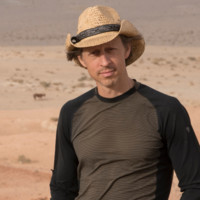 |
Dr. Scott Nowicki
- Co-Principal Investigator
- Research Associate Professor in EPS
My expertise is in the application of the latest geospatial research and tools to problems in
environmental monitoring and infrastructure resilience. I've worked on multiple planets, from Mars
landing site analysis, to remote tree species mapping and active wildfire operations. With funding
sources that range from NASA to local governments and utilities, I often blur the line between
academic research and industry. I received my PhD from the School of Earth and Space exploration at
Arizona State University while working on four active missions to Mars. Currently, I am the
lead scientist at the company Earth and Planetary Insights, where I focus on the application of
drones and robots with hyperspectral and thermal remote sensing, tackling the effects of a changing
climate and a population that continues to explode.
|
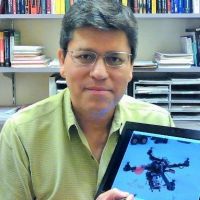 |
Dr. Rafael Fierro
- Co-Principal Investigator
- Professor: Electrical and Computer Engineering
- Professor: Mechanical Engineering
TBD
|
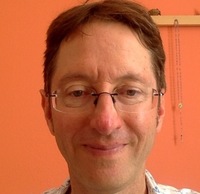 |
Dr. Jared Saia
- Co-Principal Investigator
- Professor: Department of Computer Science
I obtained my PhD from the University of Washington in 2002. I have broad research interests in
theory and algorithms, with strong interests in distributed algorithms, security, game theory, and
spectral methods. A general interest is determining how large groups can function effectively even
without a leader. I am the recipient of the NSF CAREER Award, the School of Engineering Junior and
Senior Faculty Research Excellence Awards, and several best paper awards. In my free time, I enjoy
mountain biking, hiking and travel (recently around New Mexico).
|
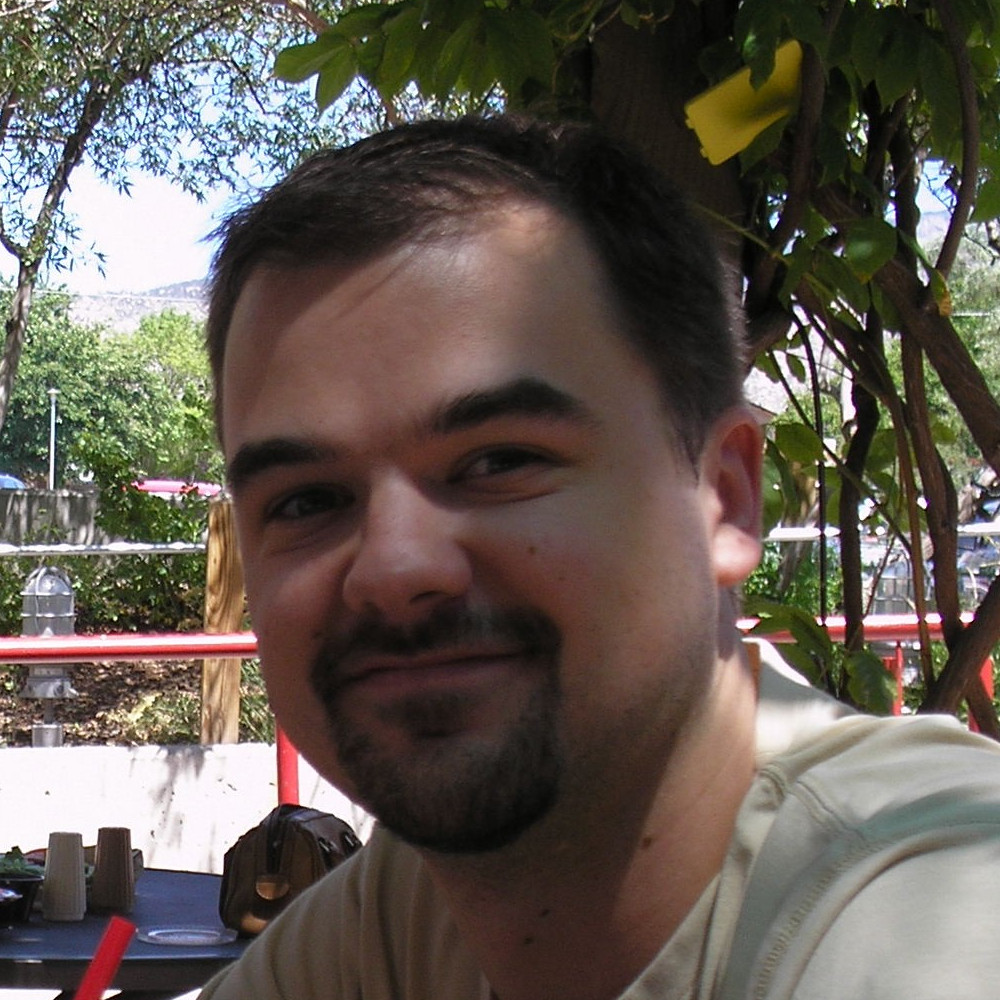 |
John Ericksen
- Research Assistant
- PhD Student: Department of Computer Science
John Ericksen is a software developer with Honeywell Federal Manufacturing and Technologies and a
computer science Ph.D. student at the University of New Mexico with the Moses Biological Computation
Lab. Working with the earth and planetary sciences department, John's research focus is on
autonomous airborne robot swarms used to sample volcanic C02 plumes. The goal of this is to link
volcanic C02 output with volcanic behavior to better understand the precursors to life-threatening
eruptions. John has also published on a variety of other research topics including software
architecture, evolutionary complex systems, and intelligent swarm robotics.
|
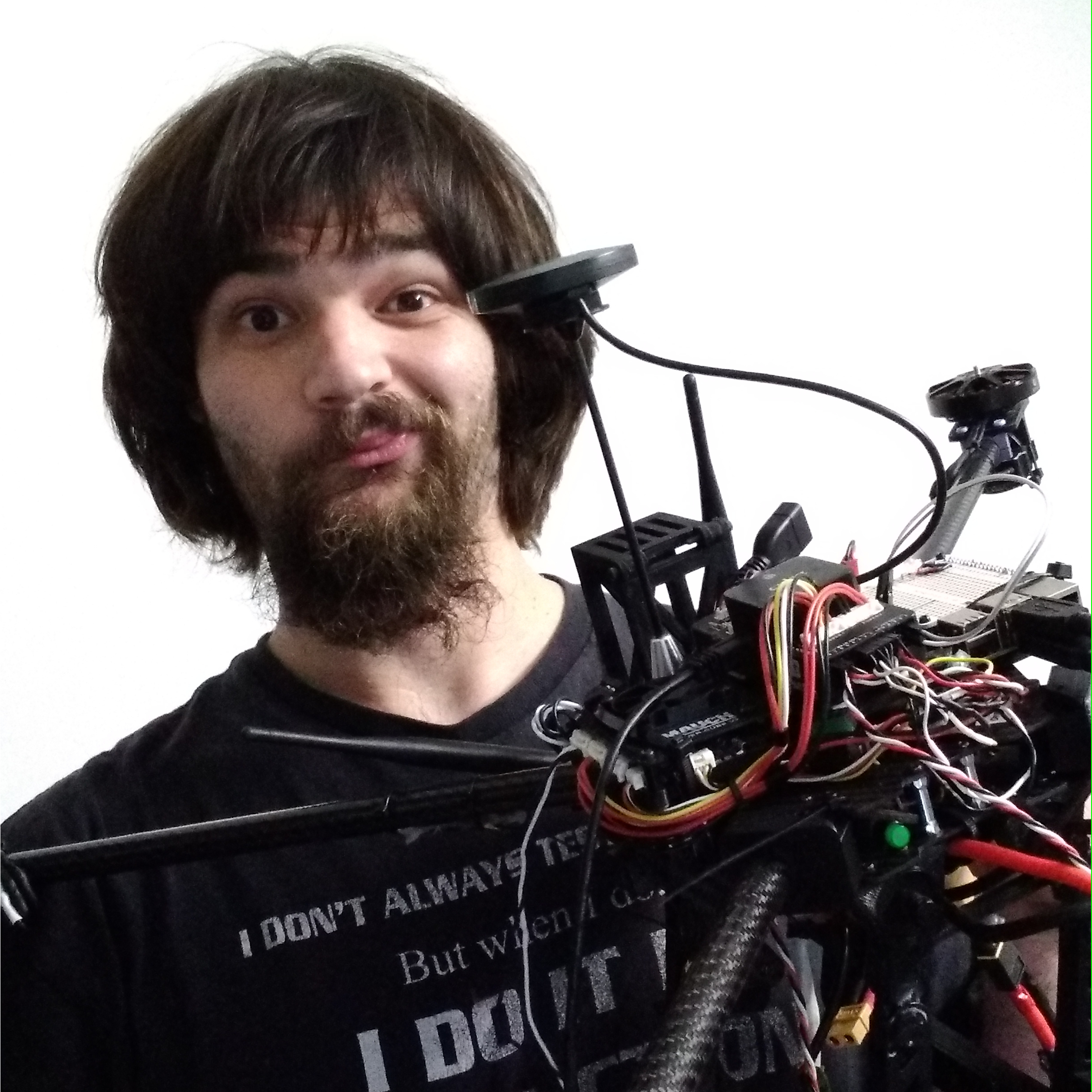 |
Carter Frost
- Research Assistant
- Undergraduate: Department of Computer Science
- Senior Student Trouble Maker
Carter is a transfer student from Santa Cruz, California he is just starting his second semester
here at UNM. For over 10 years he worked in cybersecurity working on private key infrastructure
like national ID systems, Certificate management and private key storage systems called HSMs.
So he worked on systems that establish and maintain trust. He has been teaching at Cabrillo
College/PVUSD engineering camps well over the 7 years, as well as teaching as a supplemental
instructor at Cabrillo College. Carter got into robotics ~5 years ago initially through his local
community college in California (Cabrillo College's) Robotics club. He worked remotely with UNM's
Moses Biological Computation Lab on various projects like with NASA's Houston space center on a new
class of rovers for the Moon & Project chili house. He has made the move out out to Albuquerque and
is now working on UNM's VolCAN team as well as working on Swarmathon TNG.
|
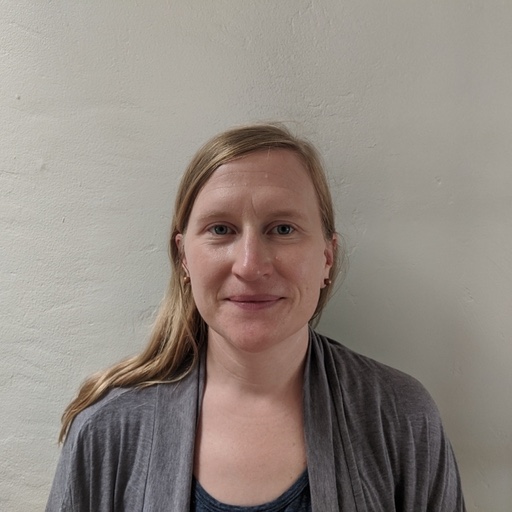 |
Julie Hayes
- Research Assistant
- Phd Student: Department of Computer Science
TBD
|
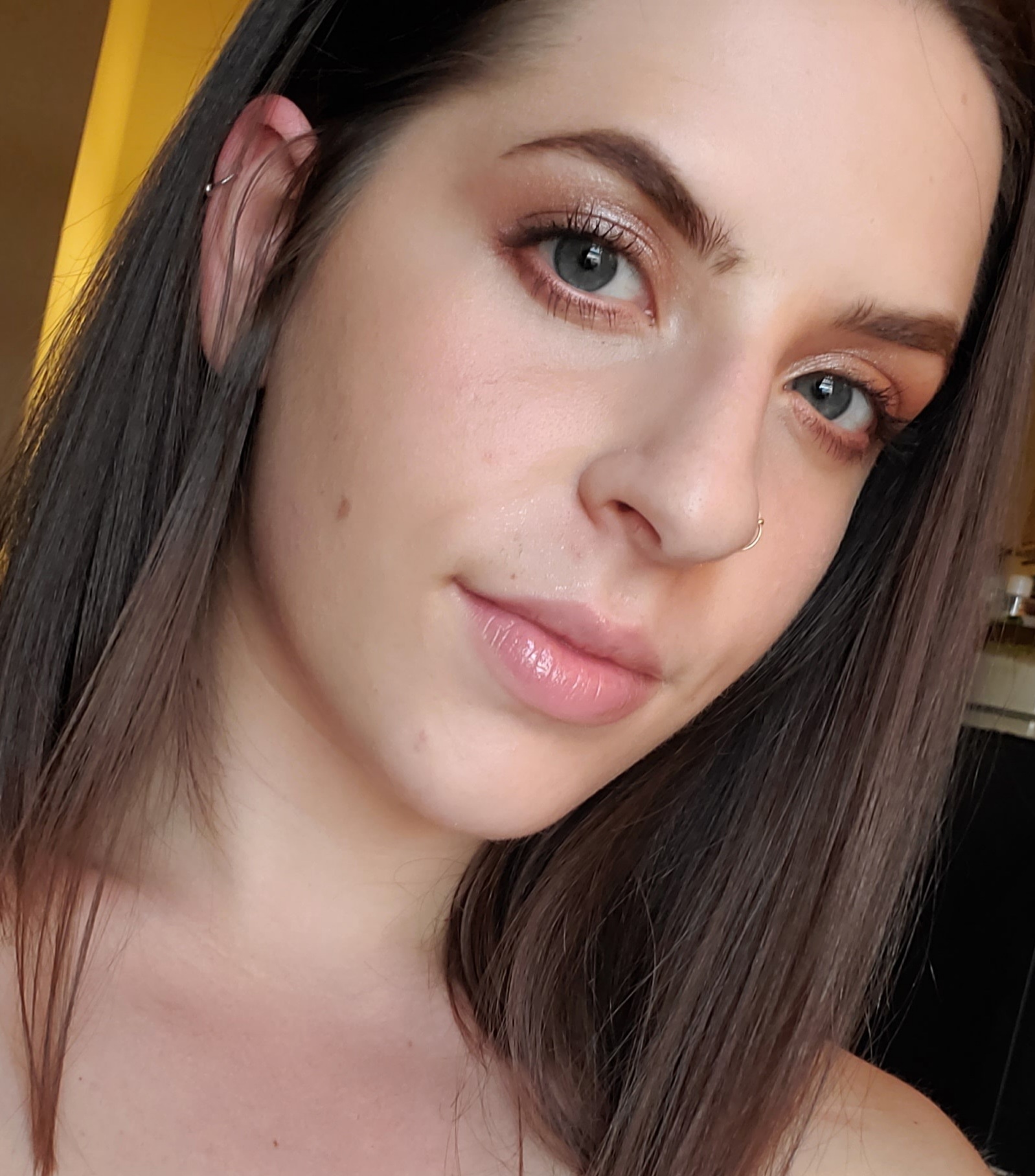 |
Samantha Wolf
- Research Assistant
- Undergraduate: Environmental Science
My name is Samantha Wolf and I am an Environmental Science student minoring in Geographic Information Science (GIS)
here at the University of New Mexico. I am interested in the applications of remote sensing in monitoring changes in
volcanic systems, the environment and characterizing natural hazards. My current research focuses on identifying and
quantifying the relationship of carbon dioxide and heat fluxes from volcanic settings using remotely sensed thermal
data and ground-based flux measurements. Overall, my research aims to help improve eruption forecasting so communities
in volcanic regions can respond efficiently and effectively to dangerous events as they arise.
|
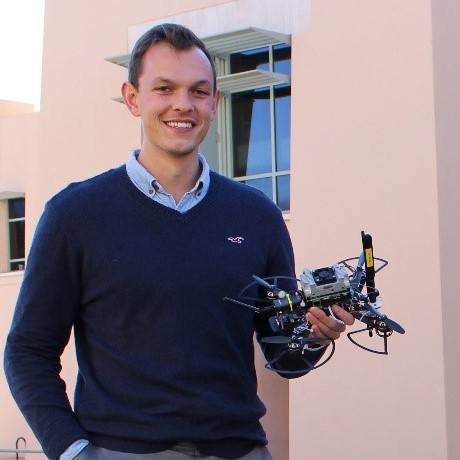 |
Isaac Seslar
- Research Assistant
- Masters Student: Electrical Computer Engineering
My name is Isaac Seslar and I’m a Master’s student in the Mechanical Engineering Department at the
University of New Mexico. I am currently an intern at Sandia National Laboratories in the Robotics
and Counter-robotics lab where my research focus is on counter-UAS development. I am also a Project
Assistant in the MARHES lab at UNM where my research goals are in parallel with the aforementioned
Sandia research. I have an interest in airborne mobile defense, tracking algorithms, machine
learning, computer vision, 3d printing and design, and robotic hardware in general. I also have a
broad passion for robotics and how we can use them to save lives, reduce our environmental impact,
and protect privacy.
|
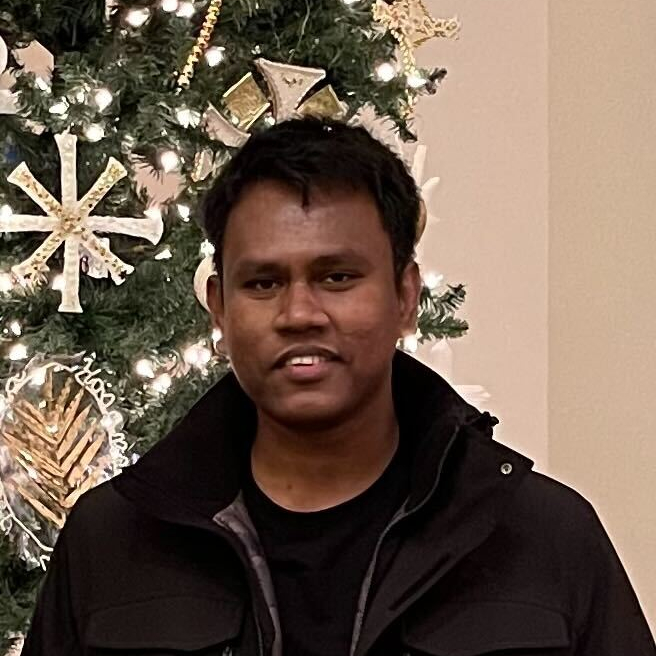 |
Abir Islam
- Research Assistant
- PhD student - Department of Computer Science
Abir Islam received his undergraduate degree in pure mathematics and English literature from the National University of Singapore.
He is working on developing theoretical methods and algorithms for real world investigations in the volcan project.
A trivia: he speaks four languages (English, French, German, Bengali) and reads seven (Arabic, Russian, Greek in addition to four spoken).
Advised by: Professor Jared Saia.
|











